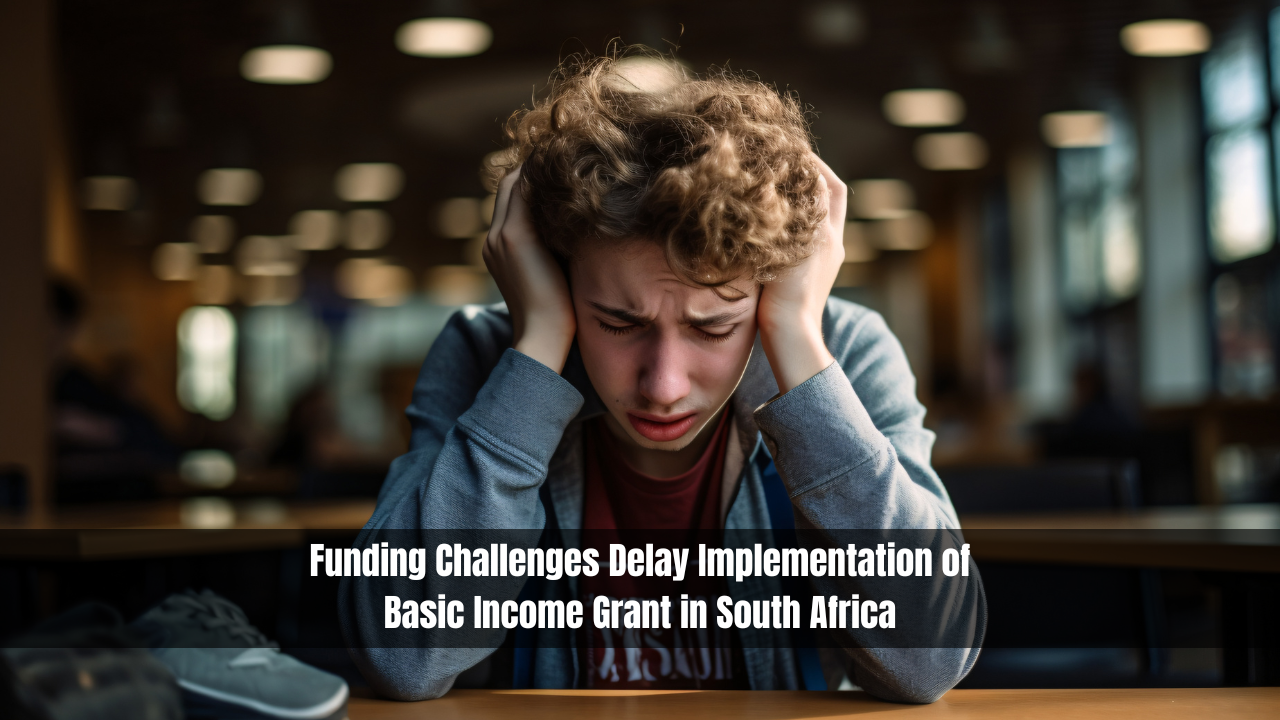Funding Challenges Delay Implementation of Basic Income Grant in South Africa. The introduction of a Basic Income Grant (BIG) has the potential to uplift millions of vulnerable South Africans. However, financial constraints and the need for further consultations have delayed its implementation.
The government continues to assess the feasibility of this initiative, with the Department of Social Development (DSD) confirming ongoing discussions regarding funding and policy development.
Government Consultations and Policy Deliberations
The DSD aims to submit a draft policy for the Basic Income Support (BIS) initiative to Parliament in the 2025/2026 financial year. To ensure comprehensive planning, further consultations with key stakeholders, including the National Treasury, are necessary. The primary concerns revolve around the affordability of the program and its integration with employment strategies.
These discussions follow extensive nationwide consultations, during which the DSD gathered insights on the proposed BIS framework. A draft policy was developed and scheduled for Cabinet approval and public consultation by October 2024.
However, a presentation to the Social Protection, Community and Human Development (SPCHD) Cabinet Committee in November 2024 highlighted disagreements, leading to further deliberations.
Challenges and Economic Debates
The primary point of contention is the economic modeling that suggests the BIS is financially viable. While the DSD supports the model, the National Treasury remains skeptical about its affordability. The Committee emphasized the necessity of further engagement with financial policymakers to determine sustainable funding sources and assess the grant’s long-term economic impact.
In the meantime, reports indicate that the Social Relief of Distress (SRD) Grant, initially set to conclude in March 2025, will be extended for an additional 12 months. Leaked budget documents suggest that this temporary measure will continue offering financial relief to unemployed individuals while the BIS policy undergoes finalization.
Historical Context of the Basic Income Grant
The concept of a Basic Income Grant in South Africa dates back to the 1998 Presidential Jobs Summit, which laid the groundwork for the 2002 Taylor Committee report. The report recommended a BIG valued at R100 per person, but no significant progress was made for nearly two decades.
In 2021, the DSD commissioned a study to evaluate the impact of a Basic Income Grant. The findings suggested a gradual implementation strategy, arguing that a BIG could be integrated into the existing social support framework without disrupting economic stability. Experts recommended setting an initial grant amount at the Lower Bound Poverty Line, with a long-term goal of aligning it with the Upper Bound Poverty Line.
Financing Strategies and Economic Implications
By 2022, further research explored financing strategies and the broader economic effects of a Basic Income Grant. The study found that progressive taxation, particularly personal income tax, could facilitate income redistribution more effectively than value-added tax (VAT). Moreover, the research highlighted that a combination of social grants and targeted wage subsidies could promote inclusive economic growth.
While government-subsidized employment programs remain valuable, the study emphasized that they should complement—rather than replace—income support mechanisms like the BIS. Properly structured, the grant could reduce poverty and inequality while stimulating economic activity.
Conclusion
Despite financial hurdles, the South African government remains committed to exploring the feasibility of a Basic Income Grant. Further consultations with stakeholders, particularly the National Treasury, will determine the final policy framework. In the meantime, the extension of the SRD Grant provides temporary relief to those in need.










